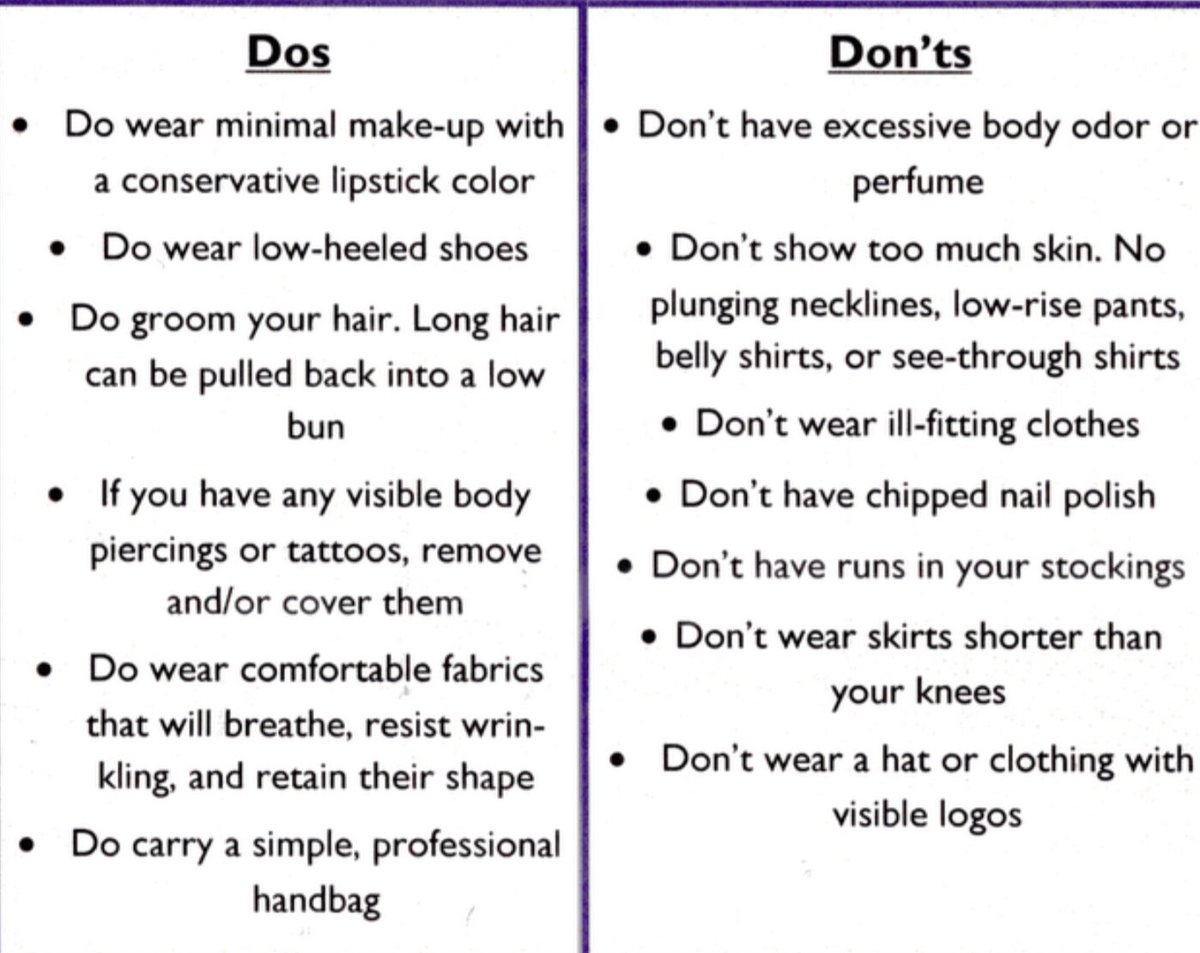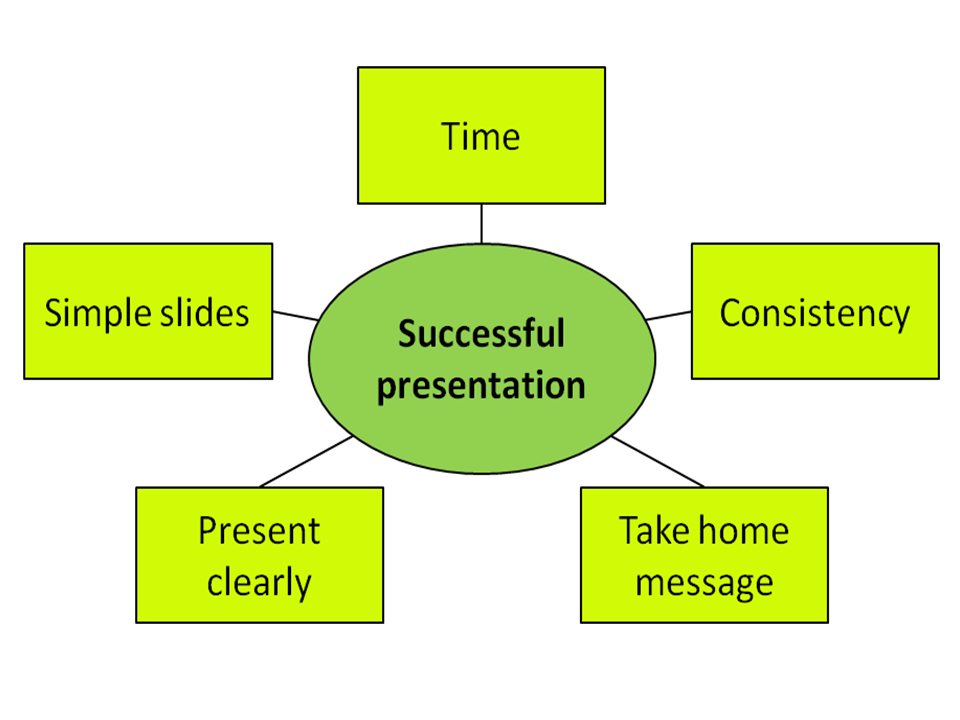In oral communication spoken words are used. It is the process of expressing information or ideas by word of mouth e.g. interviews, meetings and conferences, radio and television, telephone/cellphone
Examples of Oral Communication

An interview is a formal discussion when one person is providing information to an individual or other people, e.g. a job interview where the applicant is questioned by one or more managers. An interview is a two-way process.

JOB MISTAKES
Meetings and Conferences
Meetings: Most businesses hold meetings and other events regularly to discuss specific issues of common interest. Meetings can be formal (Annual General Meeting) or informal (departmental meeting).
Conference: a residential event in which delegates from various organisations are invited, Delegates is the official name for participants at a conference. There is also a programme of activities and talks, professional speakers or experts on topics of interest.

Radio and Television
Oral communication also takes place on the television and radio where people are interviewed, broadcast news, etc. Unlike the television, body language is not seen, but speakers can be judged by their tone of voice on both radio and TV.
Telephone and Cellphone
Oral communication also takes place on phones when people talk to each other.
Points to Remember
|
Aim of the message
|
|
Monitor feedback constantly
|
|
Length of Speech
|
|
Vocabulary/Jargons
|
|
Posture
|



Questions
ReplyDelete1) What is oral communication?
2) Give 4 examples of oral communication.
3) List 4 things you should do and not do during an interview.
4) Distinguish between formal and informal meetings.
5) List 3 issues people should consider when communicating orally.